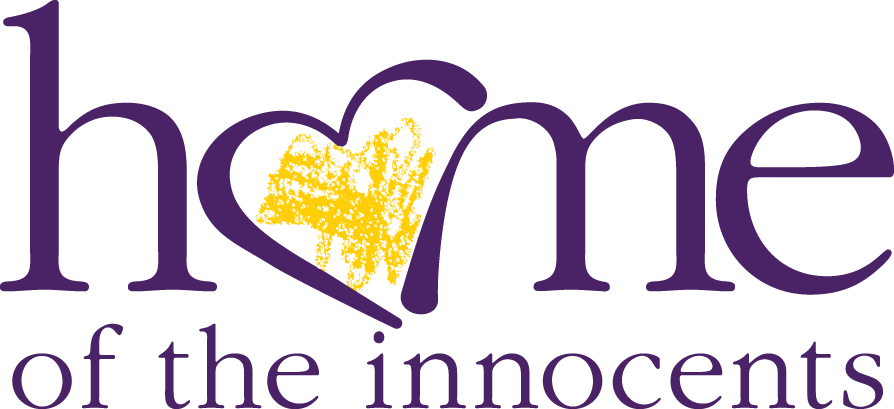Combating human trafficking
Shannon Derrick, LPCC, Associate Director of Aftercare
Home of the Innocent’s Aftercare Program recently took part in an important research project conducted by the University of Louisville’s Human Trafficking Research Initiative. The final results of the project, the 2016 Youth Experiences Survey (YES), were released last Wednesday and the results were significant. As the Associate Director of the Aftercare Program, I was aware that we were serving an occasional survivor of human trafficking and that our young men and women, ages 18-24 who meet the HUD homeless definition (living on the streets, in the shelter and in a place not meant for human habitation like a car) at times resort to survivor sex (sex in return for basic needs like shelter, food, etc.). I was not prepared though for the high numbers that would come back from the study. YES results found that in Louisville and Southern Indiana, 40.9% of homeless youth ages 12-25 had experienced at least one episode of being sexually trafficked based on the federal definition and the numbers were slightly higher for our young adults at Aftercare.
At Aftercare, we were already screening for human trafficking and survivor sex, but research shows that people who are or have been trafficked rarely disclose. YES participants were able to take the survey anonymously with it only being linked to an agency and not a specific person. It is unacceptable for any person to ever be trafficked. Homeless youth and young adults are already a vulnerable population. Often they have experienced abuse as a child and have a higher than normal number of adverse childhood experiences (ACES) which indicates a significantly higher chance of lifelong mental health and medical problems and even earlier death then those with lower ACES. YES confirms that not only is human trafficking happening in our community, it’s happening to a significant number of our already vulnerable homeless youth/young adults.
While this research could be viewed as sad or overwhelming, I believe it offers us a lot of hope. This new data and our partnership with the Human Trafficking Research Initiative will help us shape our program to better meet the needs of our young adults. It helps us learn more about the protective factors that youth and young adults already have, like 33.3% having supportive/loving family or friends, 36.4% being enrolled in school or a trade program and 30.3% having a steady job. YES brings awareness to our community and with that awareness we can all take a role in making our community better. Each of us can help make others aware, continue to educate ourselves, donate to agencies who support human trafficking survivors and learn the community resources to link people to if they need help. I know the true key to success in our program is not the additional stability we provide, the skill building we work on or even my excellent staff. It is the strength and resilience of our amazing young adult participants. They are the ones who commit to our program because they want something different for themselves and their children. We have to invest in them and in return we get to see them become amazing productive members of our community.
If you suspect that someone you know is being trafficked, call the National Human Trafficking Hotline at 888.373.7888.
For more information about Aftercare, call 502.596.1320.
